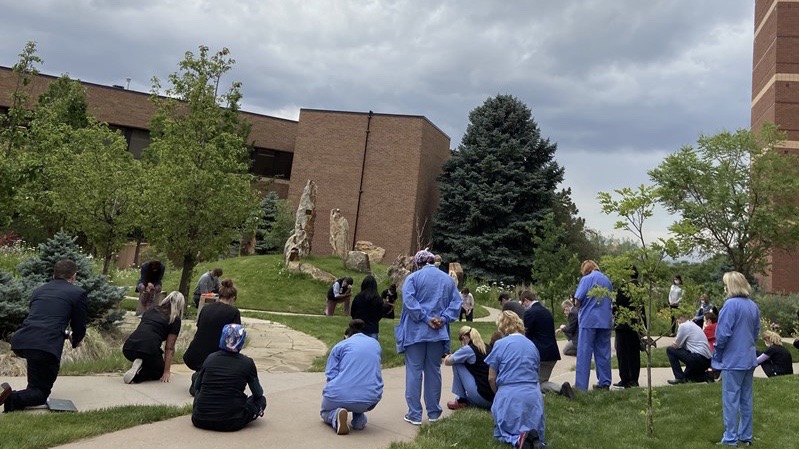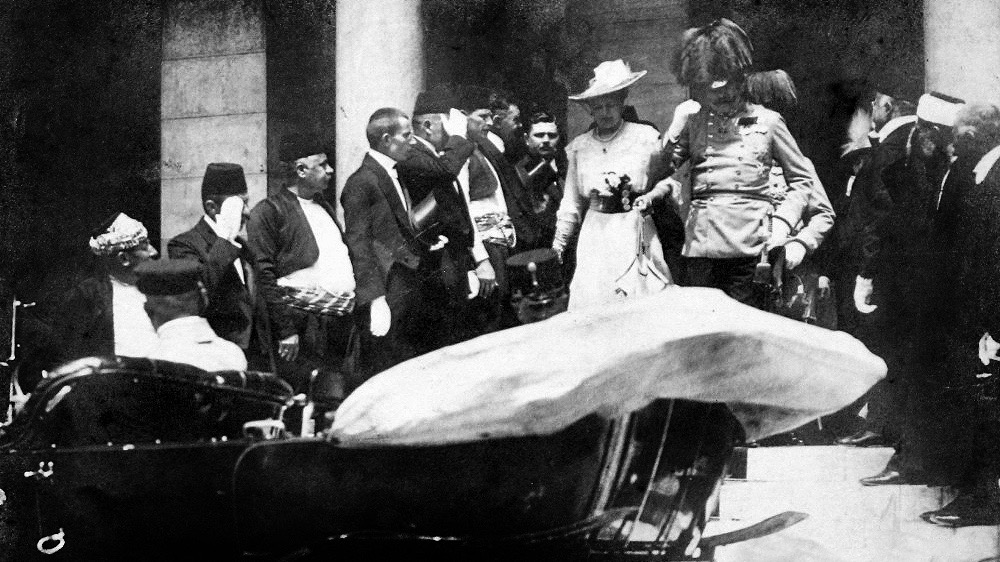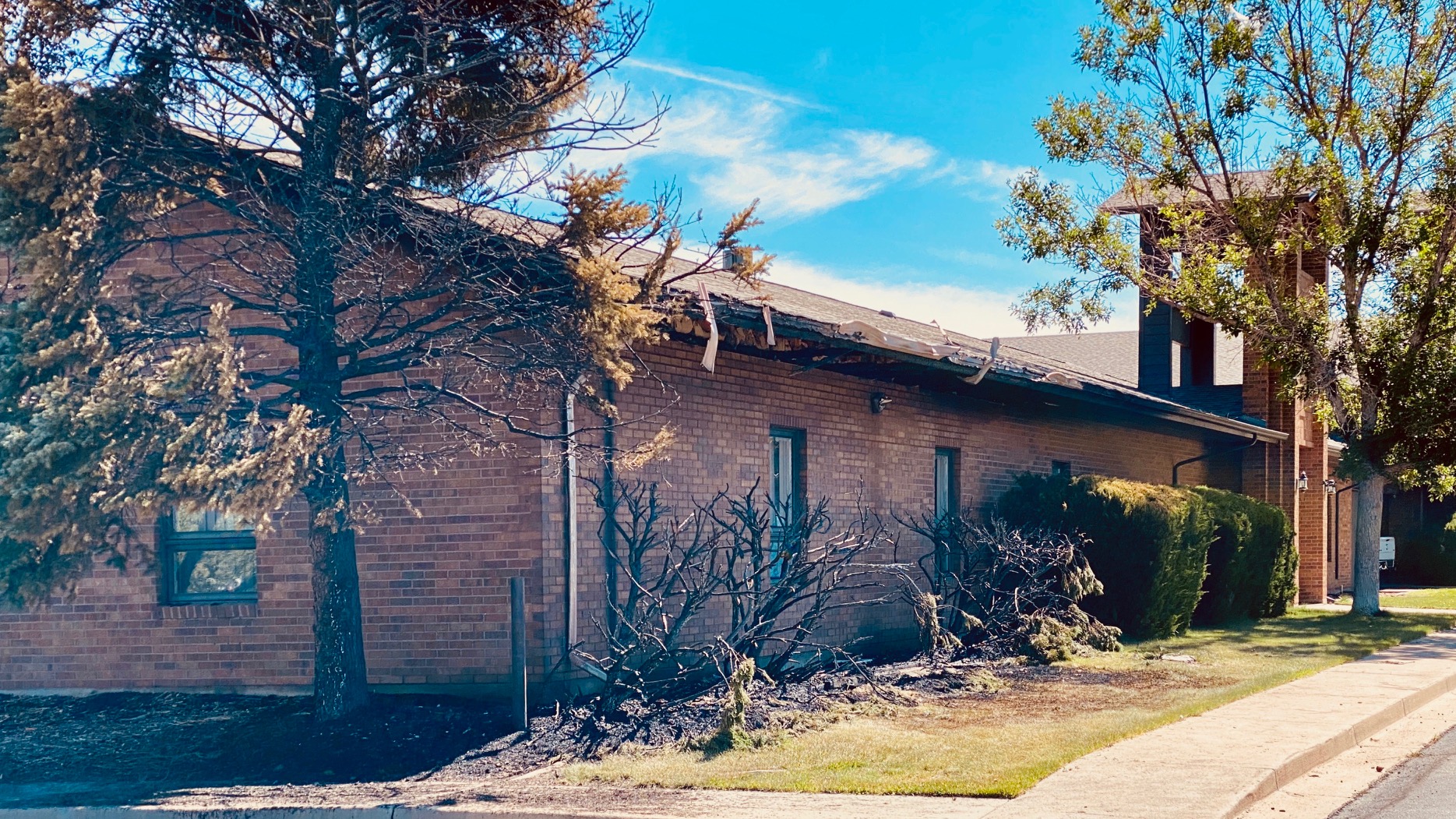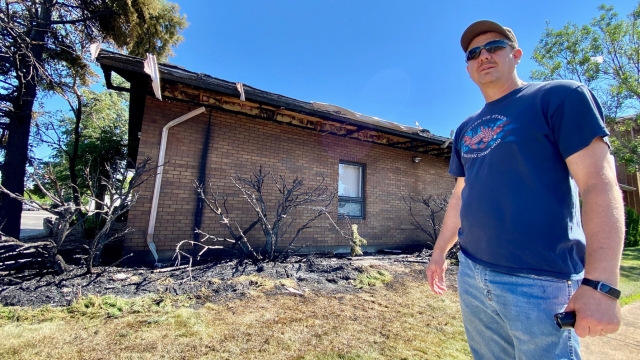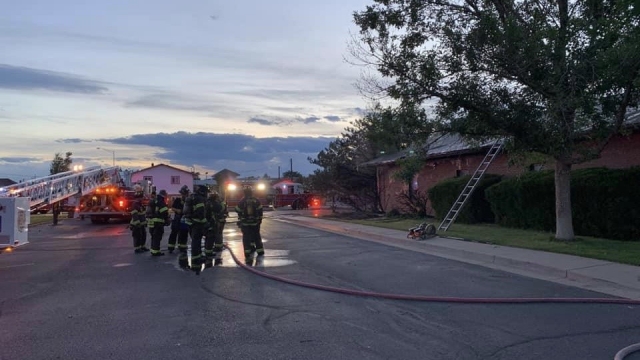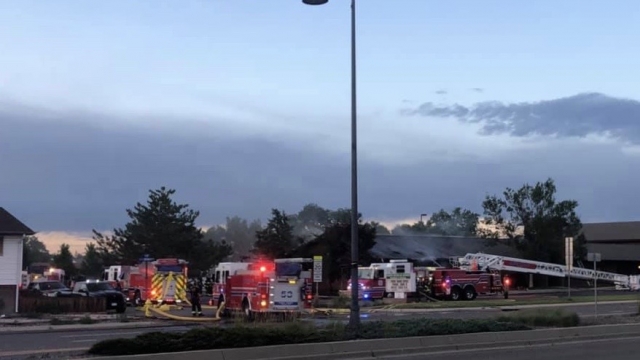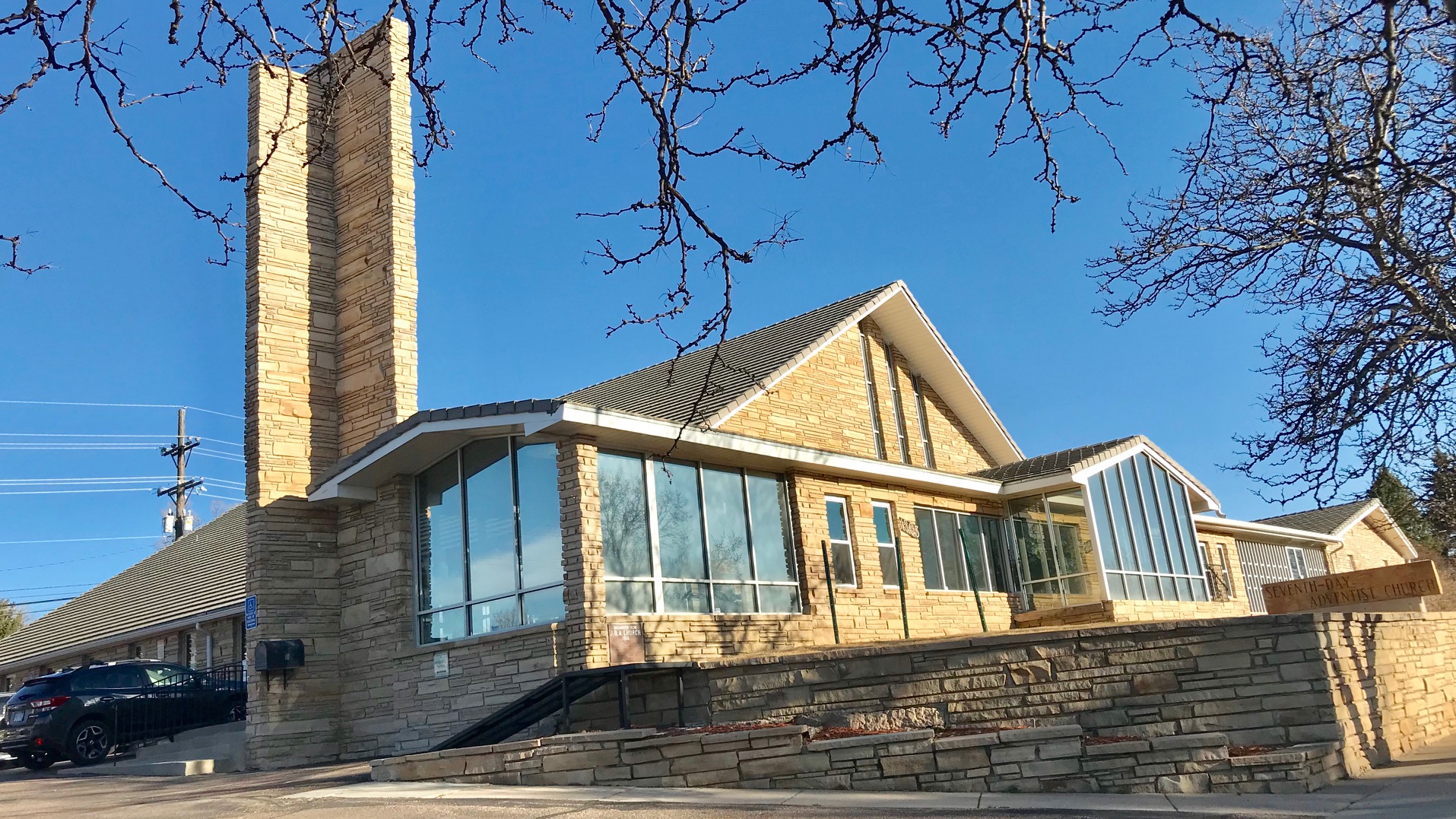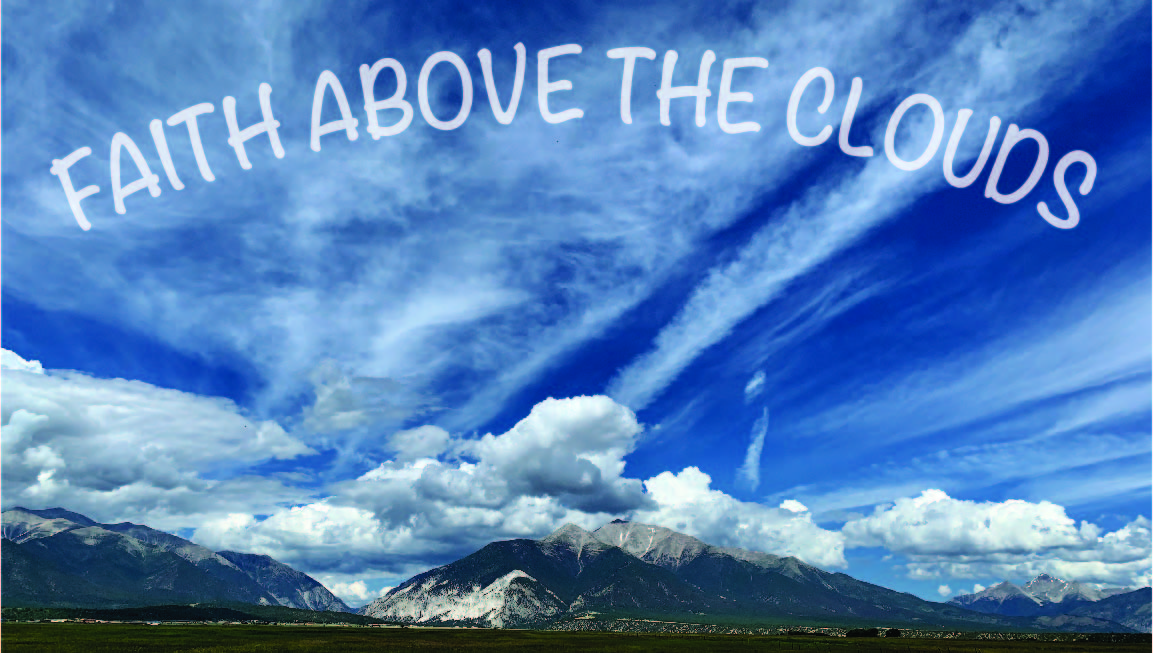By Lisa Clark Diller
It was clear that the world was coming to an end. The prophecies were being fulfilled. The Four Horsemen of the Book of Revelation were to kill a fourth of the earth by famine, plague, and sword. In some places, more than one third of the population had already died. War had become constant, with civilian deaths outnumbering those killed in battle. Climate change had resulted in poor agricultural outcomes, with little food and increasing famine. Plagues had come in waves, every generation dealing with its own disease outbreak, weeding out the young people who had not developed antibodies during the previous epidemic. Now there was class revolt, and post-traumatic psychological damage resulted in masses of hysteria, violence against foreigners, and twisted religious practices.
This was Europe in the fourteenth century, a 120-year period called “calamitous” for centuries afterward.
In fact, the fourteenth century was a difficult time for the entire Eastern Hemisphere. Throughout the Afro-Eurasian landmass, there was the collapse of states and empires as they had been known. Cities with centuries-old universities were wiped out by Mongol invasions, emptied out by deaths, turned in bandit-ridden sites of poverty. China, which had overseen the height of world culture in the previous centuries, was governed by raiders and collapsed into civil wars. Nukhet Varlik describes the impact of these challenging times in her book Plague and Empire in the Early Modern Mediterranean World: The Ottoman Experience, 1347–1600. One of the great tragedies she lays out was the depopulation of the Nile Valley, which was the breadbasket of the world. The mass death caused by war and disease led to disrepair of the irrigation systems, which took centuries to build up again.
Historians assess the apocalyptic movements in India, China, the Islamic world and within Christianity that these challenging medieval times provoked. But of course, they did not stop with the fourteenth century. We can move for- ward in time to the potato famine of the nineteenth century in Ireland, the cholera outbreaks in the Caribbean that made death traps out of what are currently vacation destinations and, of course, the 1918 influenza pandemic that ravaged the globe from East Africa to Central America and East Asia. None of these events was short-lived. They all lasted for years, with permanent changes in the societies they impacted. As a Christian historian, I am deeply interested in the conclusion scholars can come to about the long-term effects of these traumatic global events in the past.
The first effects we can see are the short-term responses. As the plagues, famines and natural disasters occurred, many reacted with compassion to address the needs around them. Within Christian and Islamic lands, we have well-documented charity efforts—hospitals that accepted plague patients, religious folk like nuns and priests who risked their lives to take care of the weak. These were both systematic institutional responses and individual activities. Apocalyptic times call out the best in humans to take care of each other. Research on responses to disasters by Marinelle Payton, MD, PhD, MPH, and her team, reveals that while the media likes to tell stories of rioting, looting or selfishness, most people respond to hard times with generosity and a spirit of helpfulness.
Another immediate response has to do with cultural and religious understandings of what caused the trouble. In the Ottoman world, as the society and its leaders dealt with successive waves of plague over the centuries, explanations for it moved from the idea that God was punishing His community for sin to more earth-based mechanisms such as sanitation and quarantine. Quarantine was invented as a term in the Christian world during the fourteenth century for shutting up groups of people who might bring the plague to towns and cities. (In fact, the plague was caused by bites from fleas that lived on rodents and was rarely carried by people on their own bodies.) Often, communities were trying to deal with the disaster through sanitation and civic planning even as they blamed outsiders or religious “deviants” for causing the epidemic or famine.
Of course, the most tragic response to disease (whether plague, typhoid, cholera, or influenza) was the blaming of foreigners and the violence that frequently accompanied this. In Europe, pogroms against Jews resulted from accusations that they had caused the plague. In the nineteenth century, the Irish were blamed for cholera and typhoid fever, and in the early twentieth century, immigrants of all kinds, but especially the Chinese in the United States were associated with many diseases whose cause/treatment was un- known. However, in all of these situations there were people who were attempting to find out the direct mechanisms of the problem, who were working to alleviate pain and take care of the victims, no matter what their social or ethnic status. It is clear that we have always had a choice as to how we respond to the apocalyptic circumstances in which we find ourselves.
In the long-run, economic and political changes have the longest-term effects. Structures within society, its laws and practices, are permanently impacted. By the eighteenth century, the Ottoman government was making laws to regulate sanitation—implementing street cleaning systems, regulating burials and the handling of death, assuming that the state had a role to play in limiting the impact of disease. Over and over, this is part of what successful handling of the tragic and widespread devastation of a natural disaster like disease or famine appears to require: wider state policy in handling sanitation, movement of people and transportation of charity efforts. Many times, disasters allow people who have had less say in government to require more of their political leaders. Serfs in the fourteenth century were able to require more freedom and bigger salaries, the Irish were able to protest British colonization and neglect, immigrant communities could demand equal sanitation and regulation of tenement housing in the early twentieth century within the U.S.
The economic changes that come after widespread disaster are not evenly applied. Some sectors are decimated, while others thrive. The agricultural sector in Egypt was devastated, while serfs in Europe improved their lives dramatically. Sometimes what is a huge upheaval for one group, causing great trauma (such as the potato blight and famine in Ireland), can be seen later on to have been helpful in making needed economic or political changes. But that’s only in the long term. Maybe scholars can conclude that a population decline was helpful for the environment or the overall economy. But we also can never forget the personal and absolute devastation to those who lost their jobs or land or family. Endemic diseases continue to make it hard to participate in industrialized capitalism to this day: places with high percentages of their population living with tuberculosis (almost 25 percent of the globe’s population, according to some estimates), malaria or “sleeping sickness” struggle in ways that places without these chronic diseases do not.
What can the study of apocalyptic times provide for those of us today who look to our Scripture and see natural and man-made disasters as signs of the soon coming of Jesus? How should we respond? One of the conclusions a Christian historian might come to is that there’s no way to be totally safe from any of this. Running away, attempting to seclude from the rest of society, might make me feel better and help delay my children or loved ones from being ex- posed to “contagion” (whether moral or biological), but it cannot actually guarantee safety.
More importantly, it does not allow me to share the gospel or live into the Kingdom of God. Christians who have followed Jesus during these times have worried more about protecting others than protecting themselves. They have spent more time identifying with those at risk than sorting out who was to “blame” for bringing the disease to them.
We are an apocalyptic people. We expect the world to be dangerous. We are asked to praise God anyway, and to work for the flourishing of those who are hurting. We know there is going to be disease and death, but we work, as Jesus did, in the midst of the death, in the middle of the famine, to alleviate loneliness and suffering and to bring what healing we can.
Historical analysis of these pandemic eras reveals that we will live through economic devastation and through the expansion of state power. Believing in the (upside down) Kingdom of God, in the riches of the Spirit, and in the hope of the New Earth should help us embrace a new economy. Are we, a people who look for the Coming of Jesus and the New Jerusalem, going to work for and commit to our own economic expansion and well-being? The Christian historian expects downward mobility and embraces the opportunity of these social traumas as a chance to expend our wealth on behalf of others rather than hoarding our pennies for what will hopefully be better times.
I struggle with this. I look at my economic peers and I want the goodies that they have. I want them for my children and for my old age. I want to climb the economic ladder. When it looks like I might lose my job, I allow fear to get in the way of love. I confess that I do not embrace a theology of abundance, that I don’t really look for and live into the Kingdom of God. Instead, I’m primarily identifying with the city of this world with its lovely vacations to beautiful places and its nicer patio furniture and pricier clothing and early retirement. The reality of sudden death due to disease, or the collapse of my economic dreams because of a Great Depression should alert me to the folly of all this. I’m a historian. I know how this goes. I’m also a Christian whose Hope is both here and not yet, and is definitely not tied to my financial portfolio.
I’m a historian, so I’m trained to look at the past. And yet, we notice that looking back can help us as we plan for the future. I can see that some choices that were made in reaction to natural disasters resulted in a better community, cultivating grace and love. Believing in the Second Coming as the re-making of all things can give us courage to engage in some of that re-making now, when the world we know seems to be dissolving around us. One thing my scholarship of pandemics past makes very clear is that acting in ways that lead to love and charity will always benefit us collectively. Selfishness and economic aggrandizement will give us a reward here, perhaps, but not in the annals of history or the Kingdom of God.
The lessons of pandemics and plagues and famines in the past teach us that we must plan for the world beyond our own lifetime. Ironically, for a denomination that looks for the soon return of Jesus, Seventh-day Adventists have tradition- ally been quite good at planning for the future of this world— building universities and hospitals and engaging in development and aid work and research that will last generations. And this is exactly as it should be. Apocalyptic times should call for responses that reflect the world that the Book of Revelation describes—one where “death is no more . . . for the former things have passed away.”
We must work so that the society that comes out of these painful upheavals is one that will be sustainable and will allow the Kingdom to flourish. We will speak truth and practice justice and charity even as we plan for the ultimate World Made New, the one that is not made with earthly hands, where “the wolf lies down with the lamb and . . . they shall not hurt or destroy in all my holy mountain.”
–Lisa Clark Diller, PhD, is chair of the history and political studies department at Southern Adventist University. Email her at: [email protected]

